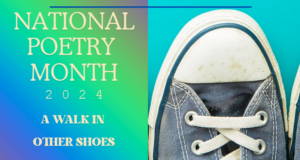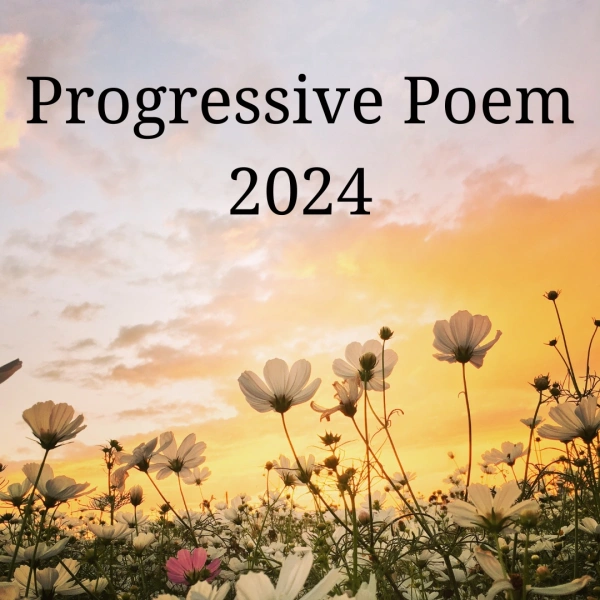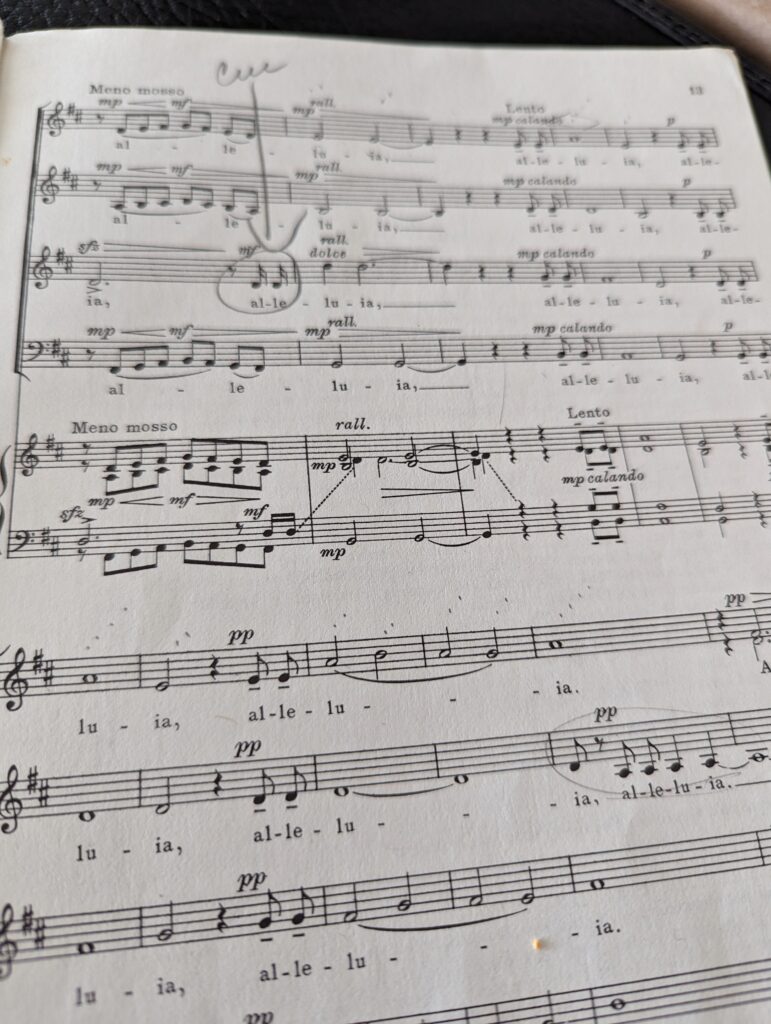Whew! So glad we got the Progressive Poem launched yesterday and is on its way! Long have I admired people who can write collaboratively, because of how cruddy I normally am at doing so… I have tried writing linked short stories (a shared town/setting), flash fiction (a shared six words), and a novel with other people. ALL OF THEM were dismal, abysmal failures. (Imagine hyper-controlling child me complaining to an adult that So-and-so’s not PLAYING RIGHT!” Yeah.) Maybe the trick is only to contribute a couplet at a time. Or, maybe the trick is for me not to be in charge in any way, shape, or form, and take such ownership of a thing I’m unable to be flexible and collaboratively open with it. Hmmm.
I have a good friend with whom I share this tendency – but it’s a teensy bit ironic that neither of us likes public speaking, we don’t crave leading, and we’re both always rattled and in need of a quiet padded room when it’s over with. However, when things are disorderly and shambolic, neither of us can stand THAT. Like so many women, I will wade in and DO. Even when it’s not my circus and not my monkeys. This is a bad habit. No, really – despite all the people glad to see me coming: this is a bad habit. People should sort their …um, stuff, and the longer I enable them to go without doing so, the worse I make it for everyone. ::sigh::
NOT MY CIRCUS: A Meditation
You don’t have to be the boss,
Despite how you come across
Sometimes your best work is backstage,
So, find a chair and disengage.
Despite how you come across,
Heed the voice inside of you!
Go find a chair and disengage.
Let that wisdom carry you.
Heed the voice inside of you –
Don’t “gird your loins” and “join the fight.”
Let this wisdom carry you:
Set “heavy” down, and pick up “light.”
Don’t brace yourself and join the fight –
Not every burden’s labeled “Bear.”
Set “heavy” down, and grab some “light.”
Not everything is your affair.
Not every burden’s yours to “Bear,”
Sometimes your best bet is backstage.
Not everything is your affair,
You do not HAVE to be the boss.
May ignoring everyone running around like headless chickens be your forte.


